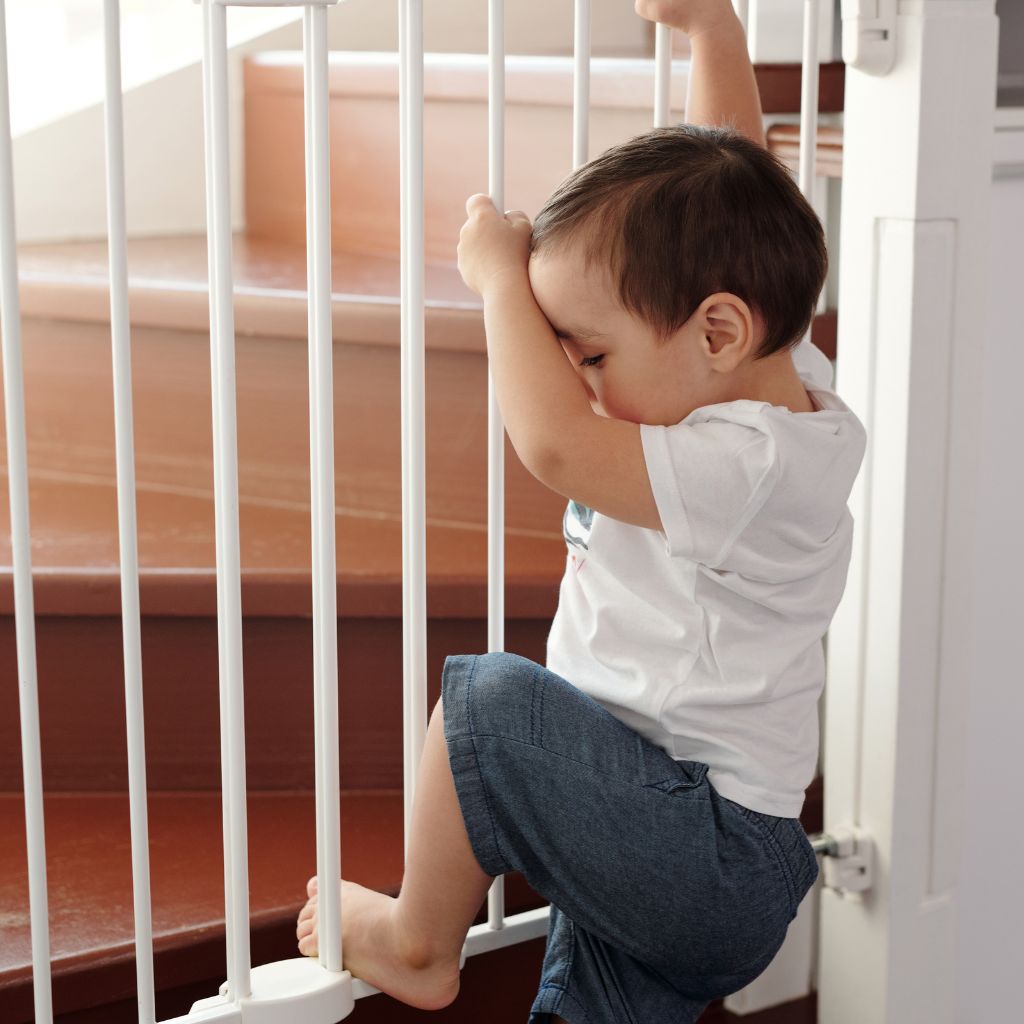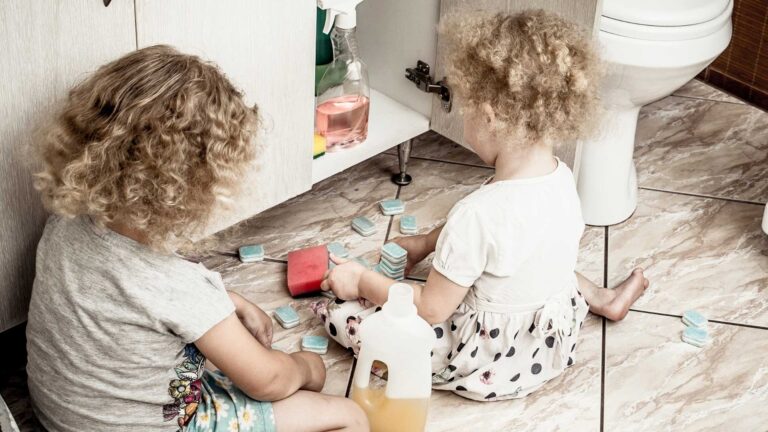Table of Contents
How can I ensure the safety of my child with autism at home?
Home security and autism are critical aspects that necessitate particular concern. Despite the utmost care and attention you provide to your loved one with autism, it’s not uncommon for incidents to occur, mainly if your child with autism tends to wander.
Although you can perceive the home as the safest haven for your child, there are significant considerations that can aid in creating a secure environment for them. How can I ensure the safety of my child with autism at home? ABA Centers of Florida offers insightful guidance on this matter.
In this guide, we will discuss seven crucial considerations related to home security and autism. This topic warrants meticulous attention from all families with neurodiverse members, especially those residing in Florida cities such as Doral, Miramar, Jensen Beach, Tampa, Orlando, and Boca Raton. Given these areas’ proximity to bodies of water, major highways, and other potential dangers, it is imperative to address these considerations to guarantee the safety of your child with autism at home.
7 Considerations for Home Security and Autism
It’s easy to overlook certain elements that could pose a danger to any child. However, when it comes to home security and autism, there are additional considerations that parents and caregivers must keep in mind.

- Keep Chemicals Locked Up: Household cleaning products can contain harmful chemicals that should never be within the reach of children, especially if there is a risk of ingestion. It is crucial to store these products in an elevated and locked location, preferably away from the main living areas of the house, such as the basement or garage, to ensure home security for autism and general safety if children are present.
- Secure Heavy Furniture: Heavy furniture poses a potential risk to children, especially to those who enjoy climbing or jumping on it. It is vital to secure heavy furniture and appliances to prevent accidents and increase home security for autism.
- Follow Safety Measures for Pools and Bodies of Water: In areas with warm weather like Florida, it’s common to have swimming pools at home or to be near bodies of water such as lakes or beaches. However, the risk of drowning is a significant concern in terms of home security and autism. It is vital to survey the area for nearby bodies of water and adhere to the residential pool safety measures set by the Government of Florida.
- Adapt Alarms in an Autism-Friendly Way: Many children with autism find loud noises distressing, such as those produced by smoke detectors or security alarms. These noises can trigger adverse reactions and even cause the child to try to escape the house. Adapting alarms to emit your voice and providing clear instructions when activated can make a significant difference in home security for autism.
- Regulate Water Temperature: Hot water poses a potential risk for children with autism who have difficulty perceiving temperatures. Teaching them to differentiate between hot and cold water taps using stickers, colors, or symbols can help prevent burns. Additionally, monitoring the water temperature in the heater and setting a safe limit is essential.
- Prevent Wandering: A study by the American Academy of Pediatrics revealed that nearly half of the participating children had wandered away from home, school, or another safe place. Therefore, when considering home security and autism, it is critical to address the tendency to wander. Securing doors and windows with reliable locks, concealing keys, and implementing additional protective measures, such as alarms when opening doors or windows, can enhance home security for autism.
- Prepare an Emergency Plan: Being prepared is essential to act swiftly and prevent unfortunate situations. Acknowledging that potential dangers can arise at any time is vital. If your child tends to wander, the National Autism Association offers parents an emergency plan to manage these stressful times when thinking may be challenging.
Elevating Home Security for Autism
Wandering can be a primary concern for families with neurodiverse members, making the enhancement of home security for autism a crucial strategy to mitigate the risk of wandering and ensure the well-being of your loved one.
Here are some additional steps you can take:
- Create a Relaxing Environment at Home: Stressors in the home environment, such as bright lighting, loud noises, and visual clutter, can trigger wandering behaviors in children with autism. Creating a sensory-friendly space can significantly lessen the likelihood of your child attempting to escape.
- Improve Communication: Curiosity is often a critical factor that may lead children with autism to wander away without informing their caregivers. Attractions like parks, lakes, or beaches may capture their interest and prompt them to explore unsupervised. Enhancing communication with your child about the places they find fascinating can aid in mutual understanding and minimize the risk of wandering.
- Incorporate Outdoor Time into the Routine: Knowing the places that ignite your child’s curiosity and including visits to these locales in their daily routine can prevent impromptu excursions without supervision. This approach not only fulfills their desires but also makes them feel understood while simultaneously increasing their safety.
- Use Technology: Thankfully, monitoring tools can offer security and peace of mind for parents of children with autism who may have difficulty communicating verbally and are prone to elopement. GPS bracelets, necklaces, identification cards on clothing, or medical alert tags are invaluable resources that can aid in locating your child should they wander off.
Addressing Home Security and Autism with Specialized Professionals

At ABA Centers of Florida, we understand the challenges that families encounter regarding home security and autism. Through our care services for children and teens with autism, we concentrate on addressing the diverse needs encountered by families.
Our certified behavioral therapists and autism specialists offer ABA therapy at home. They pinpoint environmental triggers that may lead to challenging behaviors in your child, such as tendencies to wander, meltdowns, or aggression. Utilizing the principles of ABA therapy, our therapists strive to cater to your child’s requirements and impart essential skills that enable them to thrive and succeed within their surroundings.
Our goal is to enhance the quality of life for both your child and your family. To learn more about ABA therapy for children and teens with autism, we encourage you to visit our informative blog or to reach out to one of our experts by calling (772) 773-1975 or via our online platform. Whatever the challenges you may face with your loved one with autism, at ABA Centers of Florida, we are here to offer the support you need.








